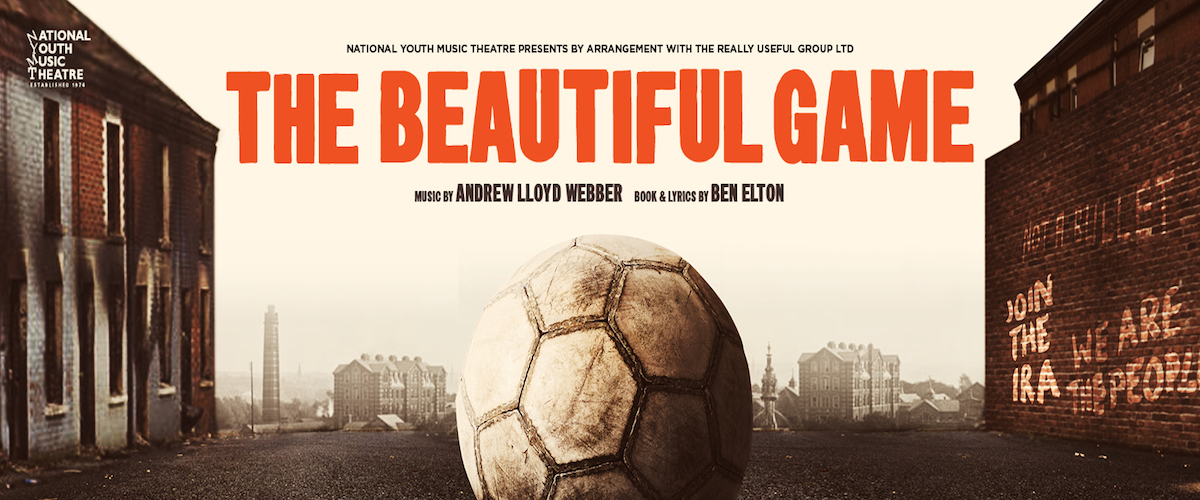Americans and the Beautiful Game
American interest in soccer has grown over the years, but many still lack a deep understanding of “the world’s game.” Let’s take a closer look at soccer knowledge and perceptions in the USA.
Our Sports Landscape is Fragmented
With so many professional and college sports vying for attention, it can be difficult for Americans to become experts in any one sport. As the article discusses, many struggle to explain basic rules in football, baseball, hockey or even their beloved basketball. Soccer is just one of many entertainment options pulling at our interests. Soccer first began growing in popularity in the 1970s and 80s, riding a wave of youth participation. However, it still lagged behind the big three of football, baseball and basketball in terms of mainstream exposure and fandom. Those sports had decades of an established footprint in American culture that soccer was just beginning to make.
Radio Revelations During World Cup
Being limited to radio coverage of the 2018 World Cup revealed gaps in the author’s soccer knowledge. Through focused listening, names like Lionel Messi and Cristiano Ronaldo became more familiar. Leagues in distant lands, such as the English Premier League and Spanish La Liga, also came into clearer focus. While just scraping the surface, it demonstrated an openness and curiosity to learn more about the game.
Popularity Continues Climbing Steadily
In the decades since, soccer’s climb has been incremental but steady. Youth participation numbers continue booming, especially among girls. Major League Soccer has expanded to nearly 30 teams across the continent. Television ratings for domestic and international competitions get higher with each new event. Slowly but surely, the game is planting deeper roots in American sports culture.
Perceptions of Players Require Update
The author disputes outdated stereotypes that may persist among some. Today’s soccer athletes are elite specimens of speed, agility and endurance. While the style of play differs from contact sports, it places rigorous cardiovascular and muscular demands on professionals. Top footballers train as intensely as athletes in any other league to compete at the highest levels week after week.
Curiosity Can Overcome Knowledge Barriers
For those willing to learn more about “the beautiful game”, resources abound. Following domestic and international leagues online allows appreciating the nuanced tactics and talent. Attending a live MLS or USL match provides a fun atmosphere of passionate fandom. Even limited access like radio broadcasts, as the author discovered, can spark intrigue leading to greater soccer comprehension over time. With open-mindedness, perceived knowledge gaps need not stop Americans from enjoying and understanding this global pastime.
Continued Growth Amidst Competition
Going forward, soccer will need to continue carving out mindshare in the inundated US sports environment. Fortunes of clubs like Atlanta United show there is eager support to be found. Engaging new and younger audiences through grassroots programs, social media and stars like Pulisic bode well. Coverage of major tournaments excites casual interest that may bloom into lifelong passion. Patience and persistence will serve soccer’s brand well, as it has gained so much ground already against long odds. Steady growth seems destined to continue.
Acceptance as a “Real” Sport
Once dismissed by close-minded cynics, soccer is now broadly recognized in America as a premier sport rewarding talent, fitness and competitive spirit. While full comprehension may elude some, the basic enjoyment of the game translates across cultures. With expanded opportunities to sample soccer at the highest levels, audiences continue expanding in numbers and understanding. After decades striving for acceptance, soccer has truly cemented itself among the pantheon of great sports in the minds of most reasonable and open Americans. 
